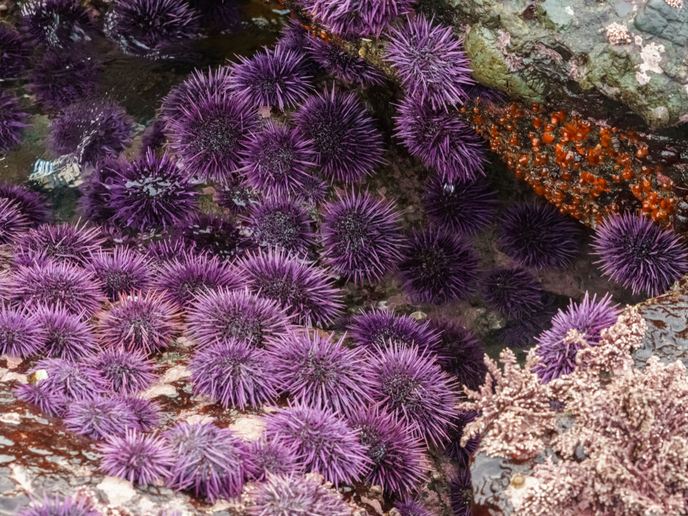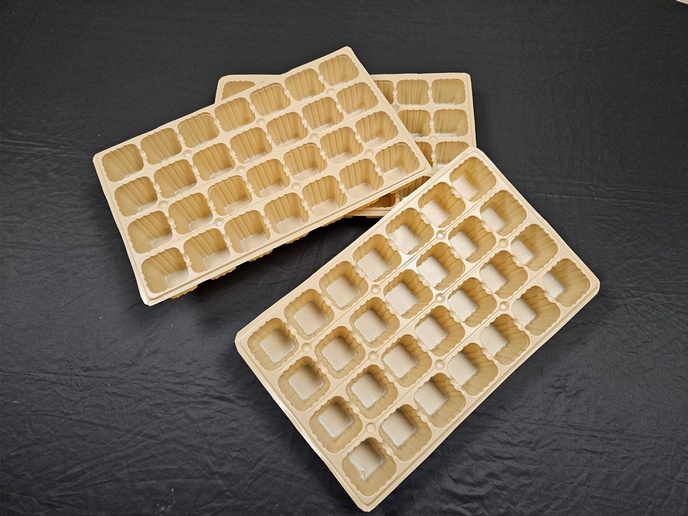Controller of plant transpiration found
Shaker channels are membrane proteins in plant cells that control the transfer of potassium (K) ions into the cell. This in turn helps control the flow of water through the plant. It has been proved that these channels play a role in the opening and closing of stomata (leaf pores that regulate transpiration) through this process. The EU-funded KINPLANTS project aimed to elucidate the role of AtKC1 (one of the sub-units that make up the Shaker channel protein) in stomatal control. Researchers conducted physiological studies of whole plant transpiration and molecular studies of AtKC1 in different plant cell types. Both approaches relied on the use of modified Arabidopsis thaliana plants that do not produce the AtKC1 sub-unit or produced it only in certain cellular types. Research revealed that AtKC1 is a key player in the functioning of Shaker channels. Without the AtKC1 sub-unit, plants grew more slowly and were unable to control transpiration effectively. Another major finding was that AtKC1 exerts control of stomatal cells known as guard cells by changing the osmotic potential of nearby epidermal (surface) cells. Without functional AtKC1 in these adjacent cells, the guard cells could not effectively control stomatal opening and closing. The work of KINPLANTS has unearthed a major molecular controller of transpiration in epidermal cells for the first time. This provides researchers with an attractive target for engineering better water use efficiency in crop plants.







